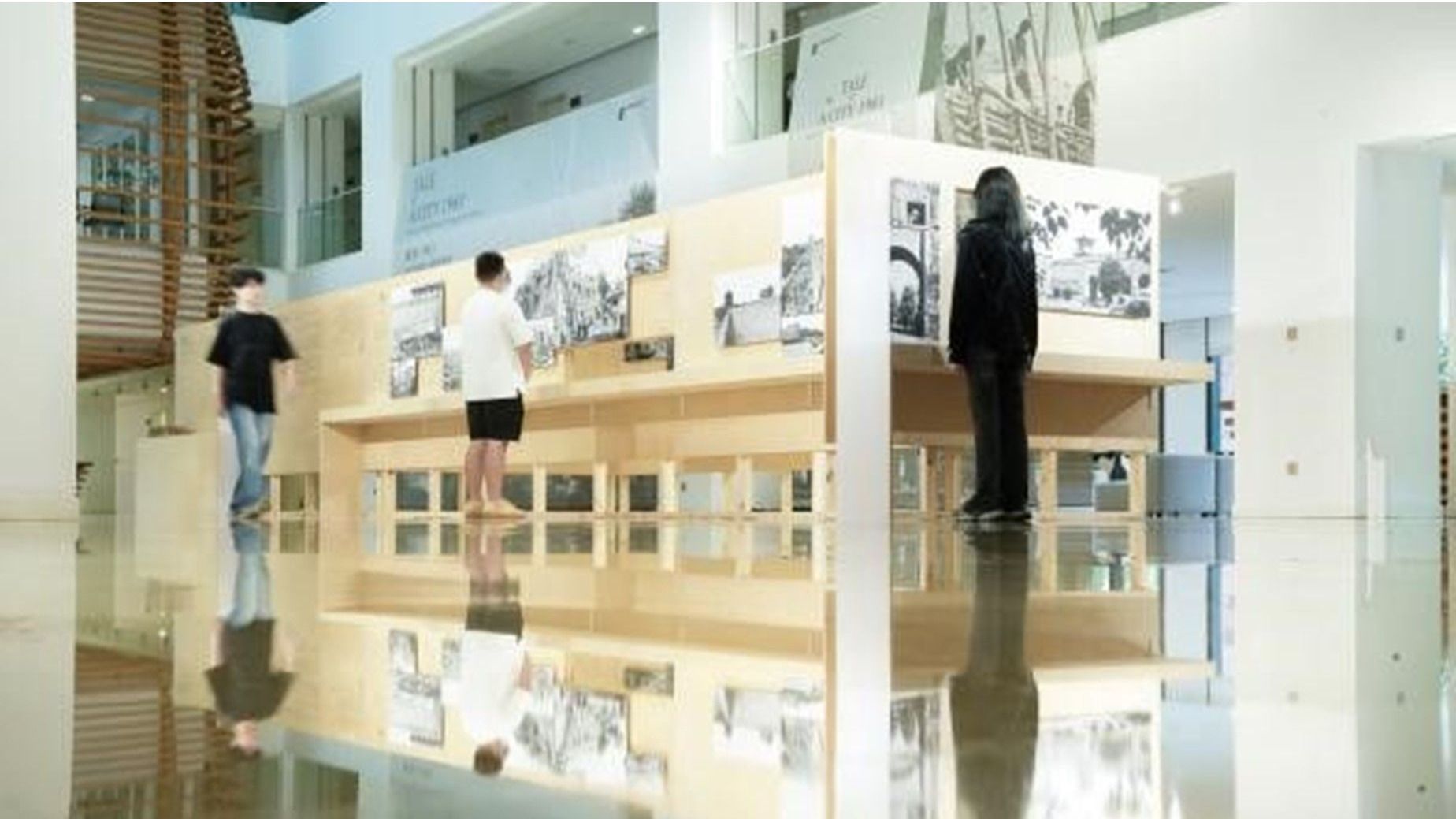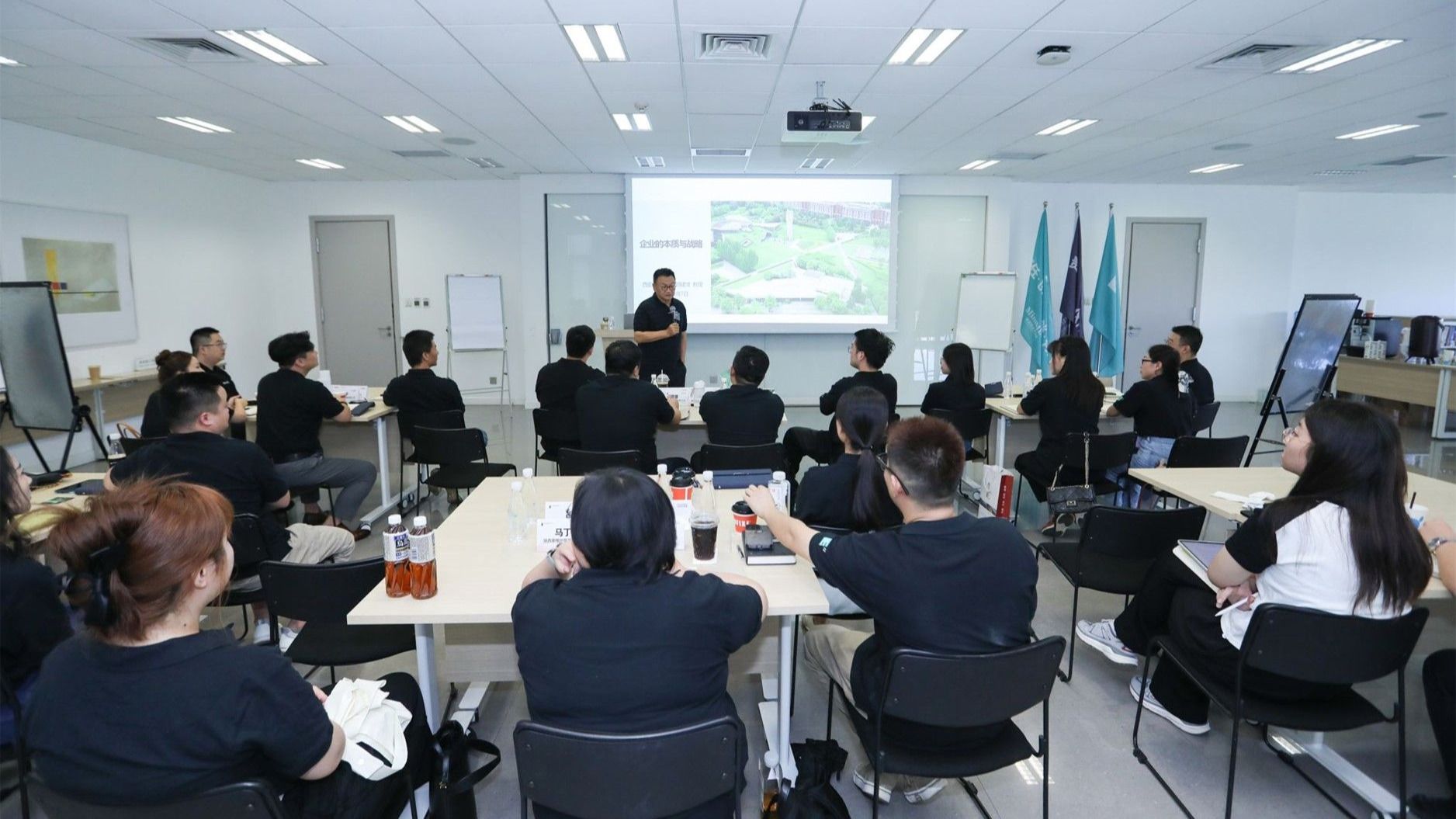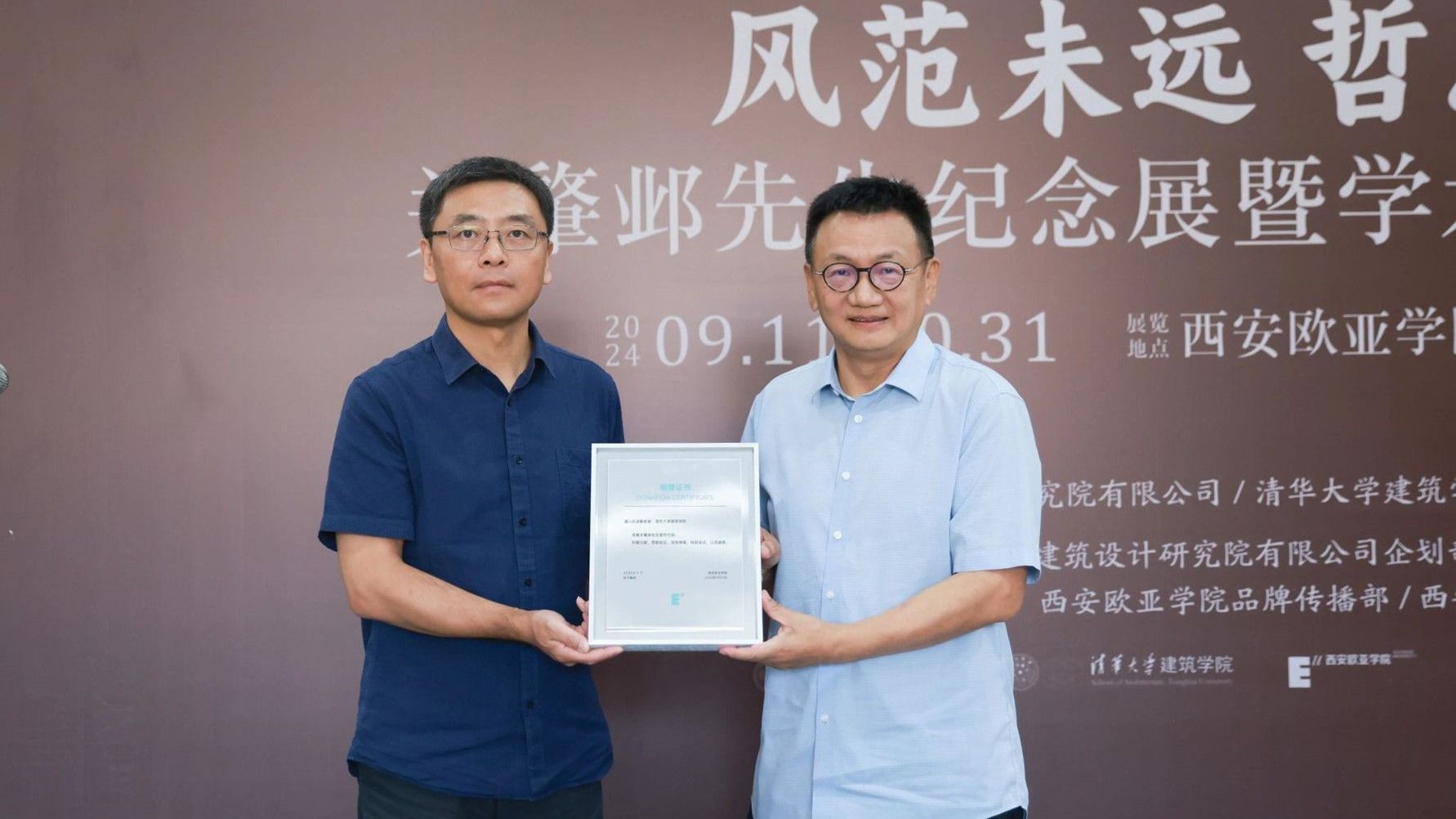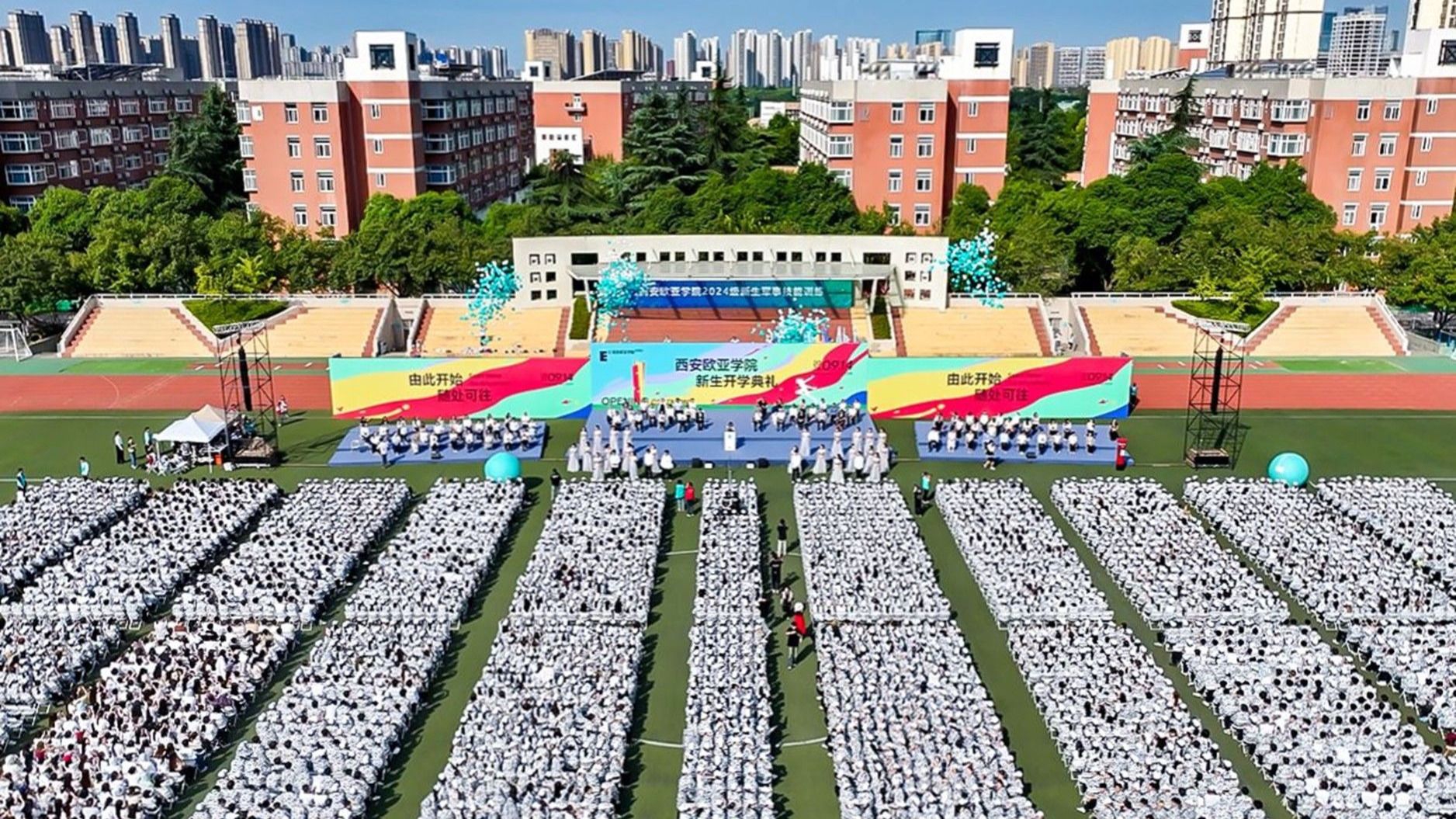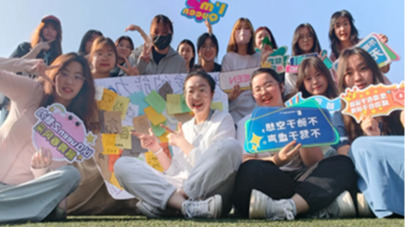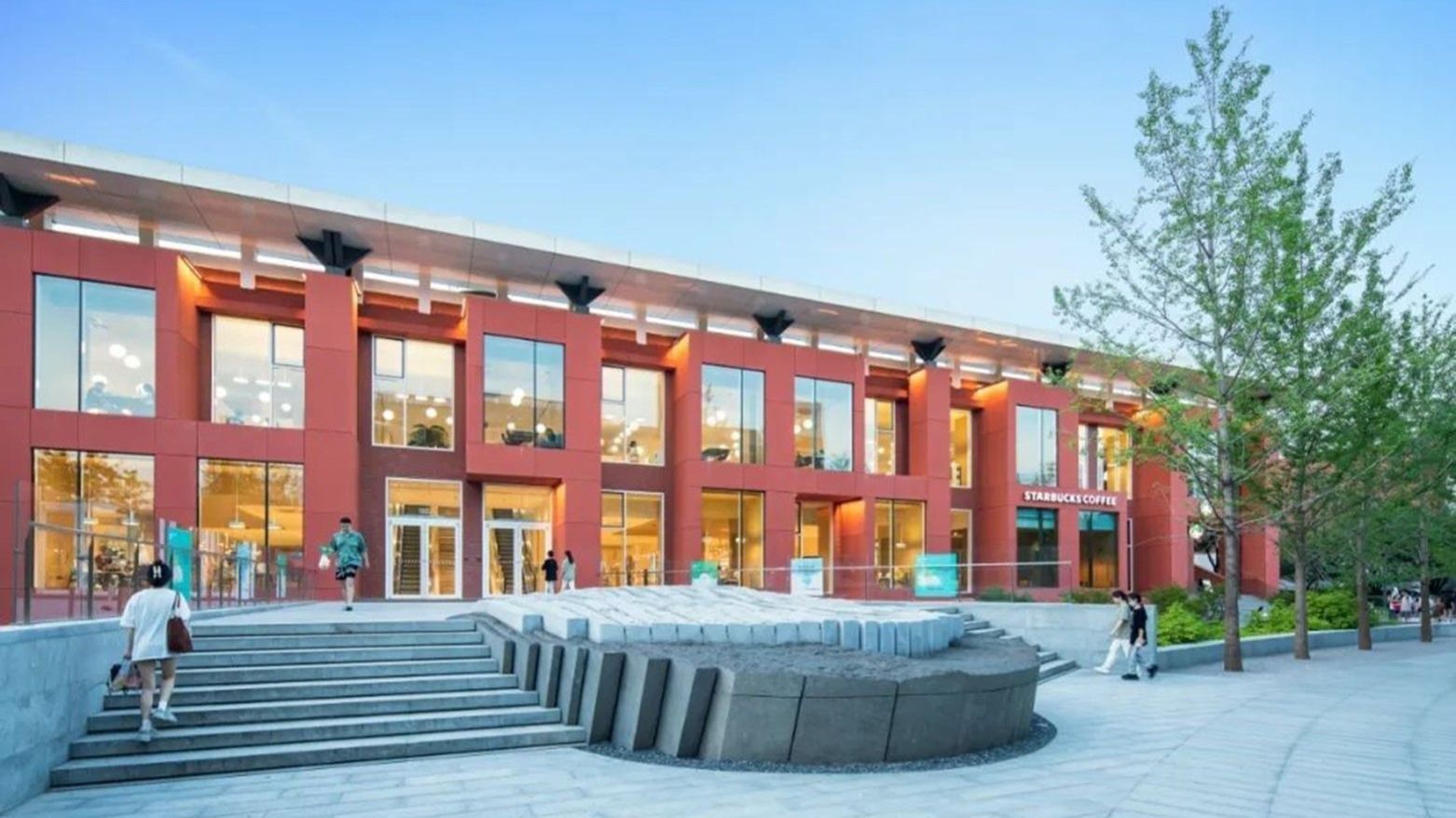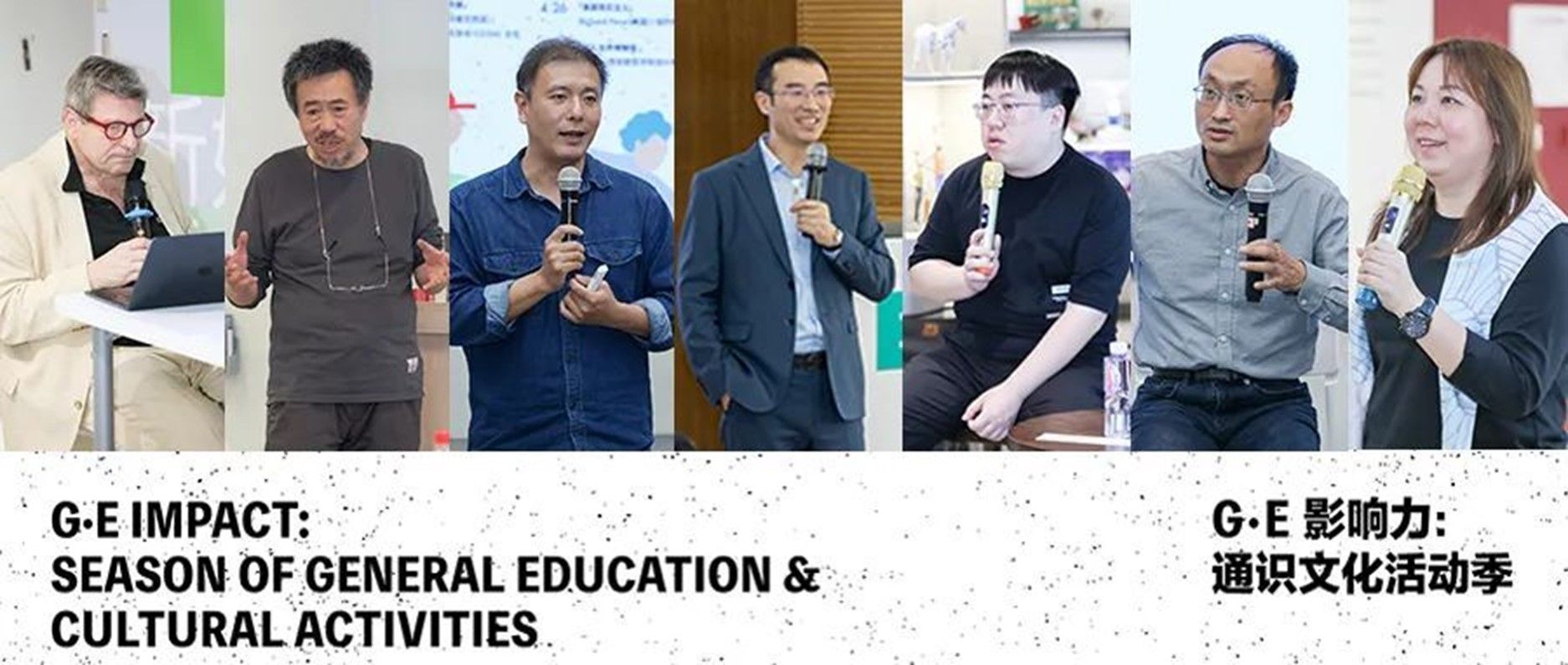
The essence of general education is the humanistic spirit encompassed within and above all knowledge. It stems from our empathy with others and boundless curiosity about the world, encouraging us to explore the joys of life and appreciate its beauty.
From April to May 2024, the School of General Education invited renowned scholars from China and abroad to partake in the "G·E Impact: Season of General Education & Cultural Activities", launching a captivating cultural journey across literature, management, arts, philosophy, film, and space design.
We read Peter F. Drucker's classics with Mr. Kang Zhijun and Mr. Yang Wurui to enhance our personal career development planning, explored the meaning of philosophy in our study and life with Professor Su Dechao to achieve a higher spiritual realm, listened to young author Ban Yu discuss his literary creation journey, and revisited the global integration journey of American neorealism films with Professor Richard Peña. During the thematic presentation by Dr. Hanny Wijaya and Mr. Su Zhongqiu, we learned ways to nurture innovative thinking and collaborative skills within our beloved design field, offering a fresh perspective on understanding and cherishing art.
Today, we will look back at the captivating keynote lectures delivered by seven distinguished guests. Their profound, unique, and insightful presentations have encouraged both teachers and students to break free from conventional thinking frameworks, comprehend the world from a novel perspective, and embrace their quest for knowledge with greater openness, together experiencing the transformative power of general education.
01
Kang Zhijun / Becoming Effective Executives
On April 13, Kang Zhijun, co-founder of the Peter F. Drucker Memorial Translation Fund and founder of the WeChat public account "12 Druckers", led teachers from the School of General Education in a detailed reading of Drucker's classic book, The Effective Executive, during a thematic sharing session titled "Doing Right Things and Becoming Effective Executives". He encouraged all teachers to ask themselves the right questions, making their work a meaningful part of life, and to establish management values of "cultivating ourselves, developing ourselves, advancing causes, and benefiting the world" within their work.
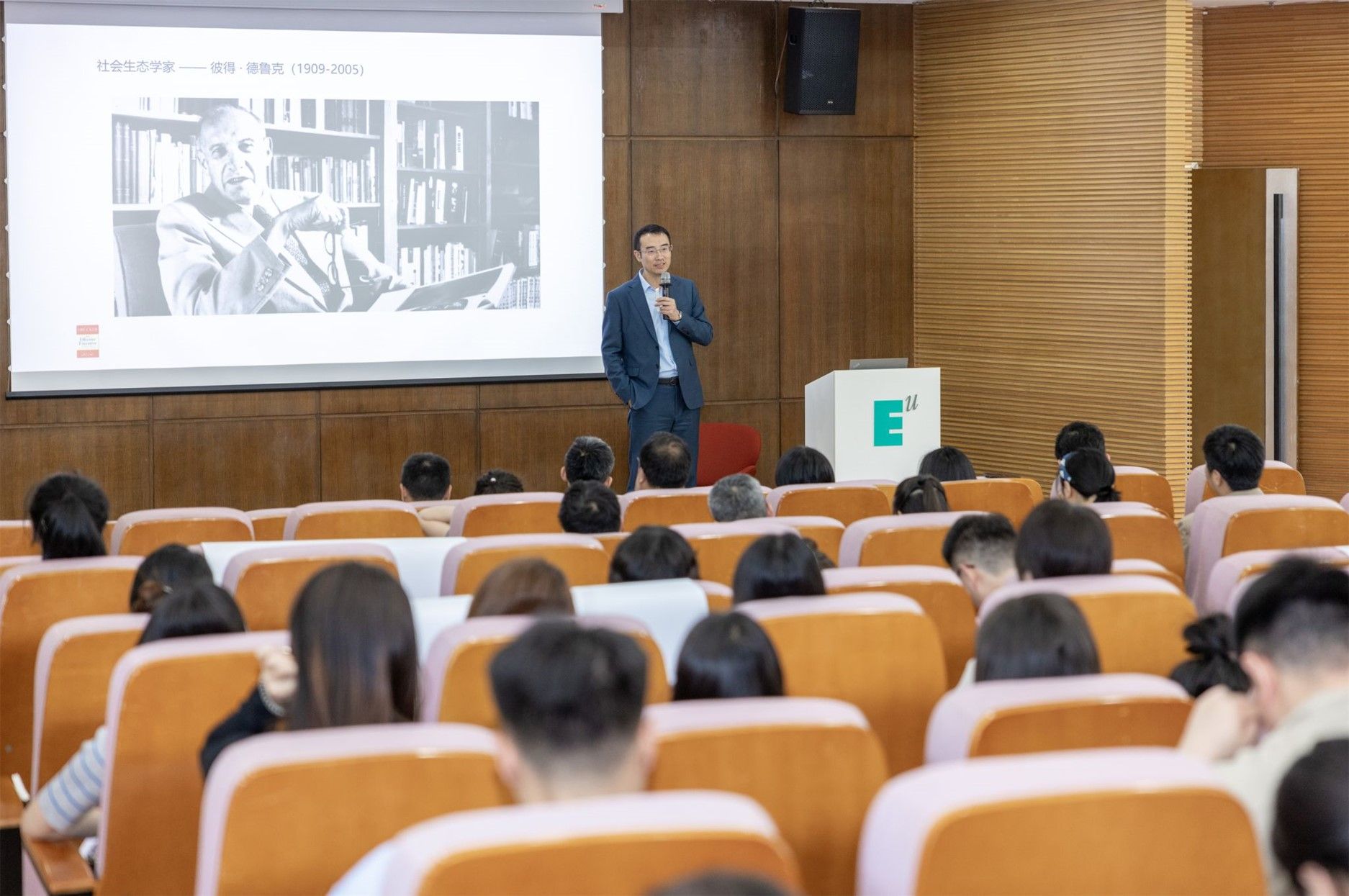
Through careful reading and summarization of The Effective Executive, Kang Zhijun identified five effective practices: emphasizing contribution, prioritizing crucial tasks, optimizing time use, leveraging people's strengths, and making effective decisions. Kang Zhijun suggested that teachers consciously address the issues arising in their work by focusing on the following areas.
First, we should manage our own time effectively. To truly understand ourselves, we need to understand our own time usage. We should keep an honest record of how to truly confront reality, eliminate the invisible time thieves, and effectively utilize our limited free time. Executives need to identify both overt and covert factors that lead to time wastage. We should dedicate substantial time to three crucial tasks: effectively communicating objectives and building trust with subordinates, making sound employment decisions, and successfully driving innovation and change.
Second, we should be aware of both our own and our team's weaknesses and deficiencies, but more importantly, leverage our strengths. The primary responsibility in the workplace is to achieve results, not to appease superiors. Genuine rigor begins with considering what one can excel at and accepting the coexistence of diverse temperaments and personalities. Therefore, executives should be able to utilize people's strengths, tolerate their weaknesses, respect differences, and be open to diverse mindsets.
Third, focusing on contribution is also crucial. We should emphasize work effectiveness and continuously strive to create achievements and value. The key to productive and correct interpersonal relationships within an organization doesn't lie in valuing harmony, but in focusing on goals and contributions. We should consistently remain vigilant in developing self-awareness and reflect on our work contributions from four aspects: professionalism, personality, habitual tendencies, and self-centeredness.
Fourth, we should understand cooperative inquiry. People continuously learn not only by speaking and listening but also by developing the ability to ask questions and acquiring questioning skills. Within the cooperative inquiry model, it is essential to recognize the limitations of one's own knowledge. In teamwork, there is no absolute right or wrong. Colleagues may have perspectives different from ours, but these differences can provide learning opportunities.
02
Yang Wurui & Su Dechao / From Plato to Drucker
On April 18, Yang Wurui, a Resonance Scholar at Xi'an Eurasia University and a co-founder of the "12 Druckers", engaged in a discussion on management and philosophy with Professor Su Dechao from the School of Philosophy at Wuhan University, joined by faculty and students both within and outside the Xi'an Eurasia University. They began with the classic statements of Plato and Drucker, offering a profound analysis of the merger and clash between management science and philosophy in modern education and practice. They encouraged teachers and students to integrate the study and contemplation of philosophy into their daily lives as a vital means to enhance personal development and enrich their spiritual lives. They also hoped that everyone would maintain a love for philosophy, continuously consider the meaning of life despite the busyness of study and work, and strive towards a higher spiritual level.
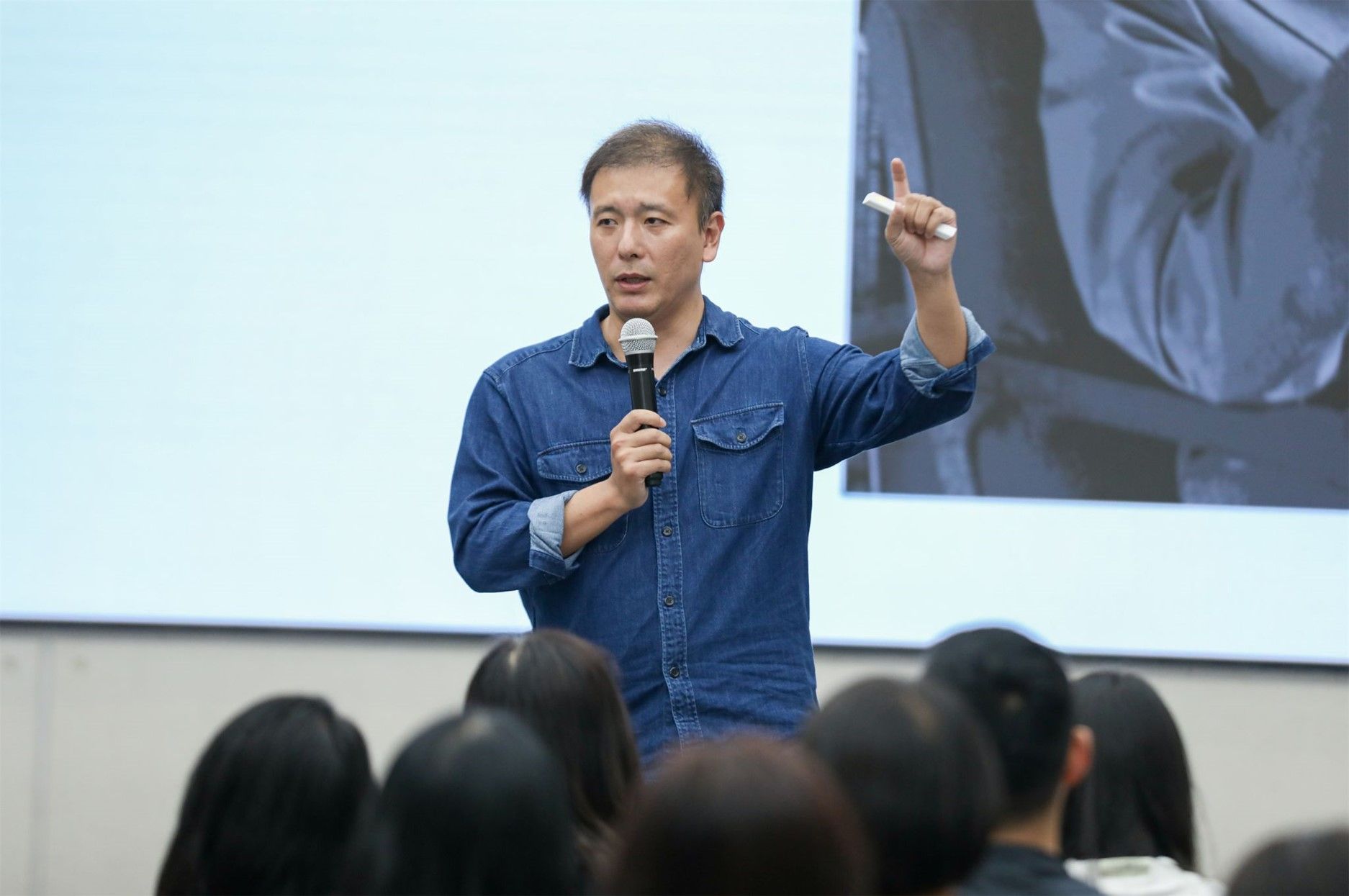
Yang stated that the liberal arts education promoted by Drucker is aimed at fostering a sense of freedom, helping individuals understand their mission and responsibilities in the modern world. The core of a liberal arts education is to remind people of issues they would prefer to ignore, compel them to shoulder seemingly undue responsibilities, and transform those who live carefree to be more contemplative, while encouraging the contemplative to boldly pursue excellence. The shift from Plato to Drucker can be encapsulated in the phrase: from the pursuit of one-time solutions to a state of continuous vigilance. Just as a city-state requires perpetual vigilance to safeguard its freedom, an organization must also maintain constant vigilance to protect its own liberty.
Subsequently, Huang Xin, Executive Dean of the School of General Education, engaged in a profound and insightful dialogue with Yang Wurui and Su Dechao on philosophical issues currently of mutual interest to both faculty and students.
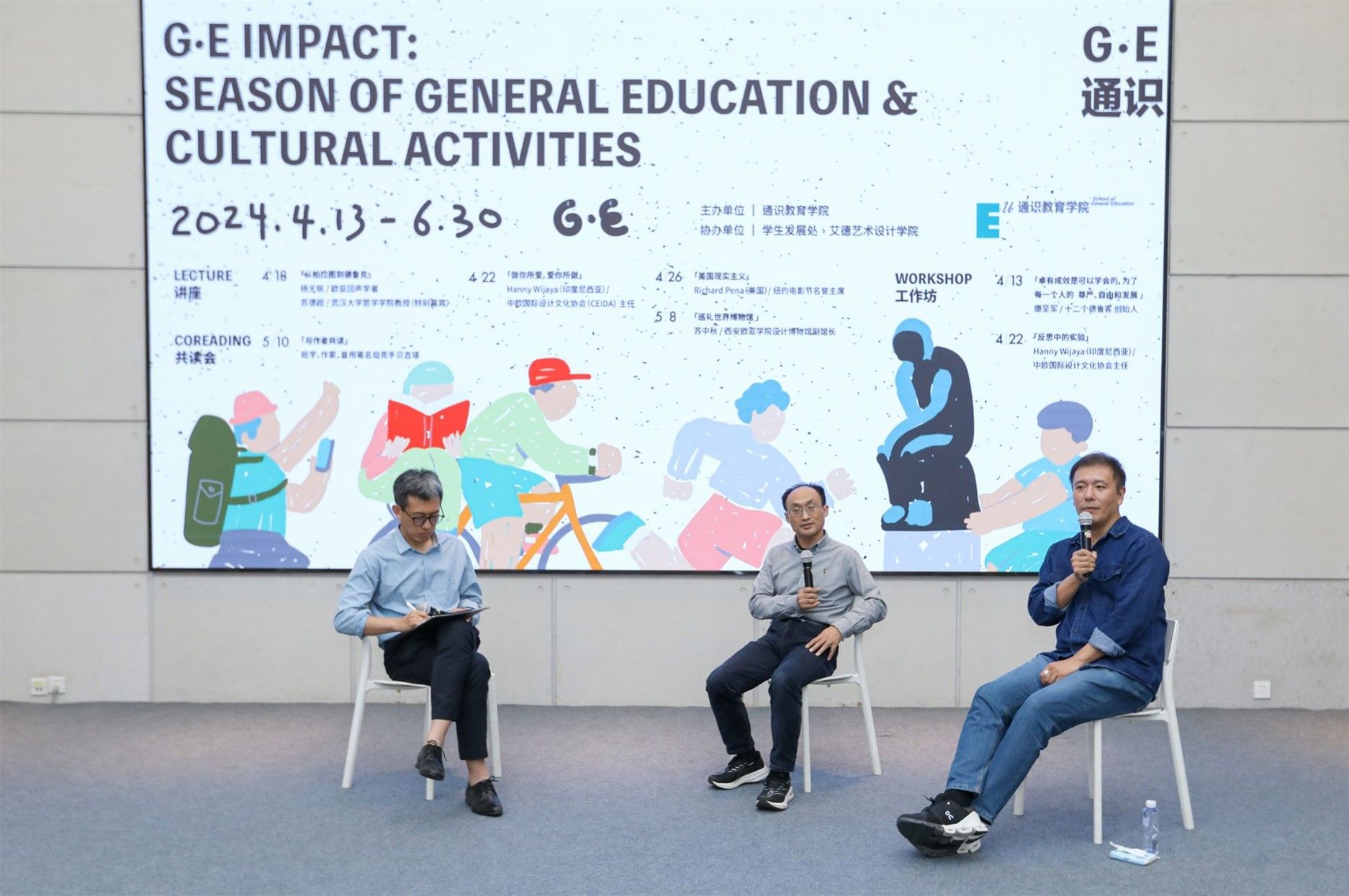
Selected Excerpts from Engaging Conversations:
Topic I: "Harmony in Diversity" as the Value of Advancement. Su Dechao believes that the shared values of modern people represent a value of advancement, where individuals may hold their own values or freedoms as long as they do not impede one another.
Topic II: Practicing Death, Imagination, and Dreaming. Su Dechao stated that philosophers spend their lives not battling death, but learning how to die. While the body experiences pain, it creates a dream within the soul. For any civilization, it is believed that the true sense of meaning resides in the soul. Yang Wurui mentioned that the sense of meaning and imagination brought about by "dreams" serve as a greater driving force. The essence of human meaning lies in practicing death. Death is not the end of life but potentially a new beginning.
Topic III: How to Pursue a Sense of Meaning? Yang Wurui believes that a sense of meaning can only be a process, not likely a result or conclusion. Su Dechao discussed a philosophical paradox: when people seek meaning, it vanishes; if they stop searching, it might persist. Everyone should reflect inwardly and ask themselves, what truly defines them?
03
Hanny Wijaya: Do What You Love, Love What You Do
On April 22, Dr. Hanny Wijaya, a PhD Researcher at the Institute of Fine Arts and Cultural Studies at Kunstuniversität Linz, Austria and Central European Director of the China Europe International Design Culture Association (CEIDA), conducted a workshop titled "Experimentation in Reflection" for teachers and delivered a lecture titled "Do What You Love, Love What You Do" to students.
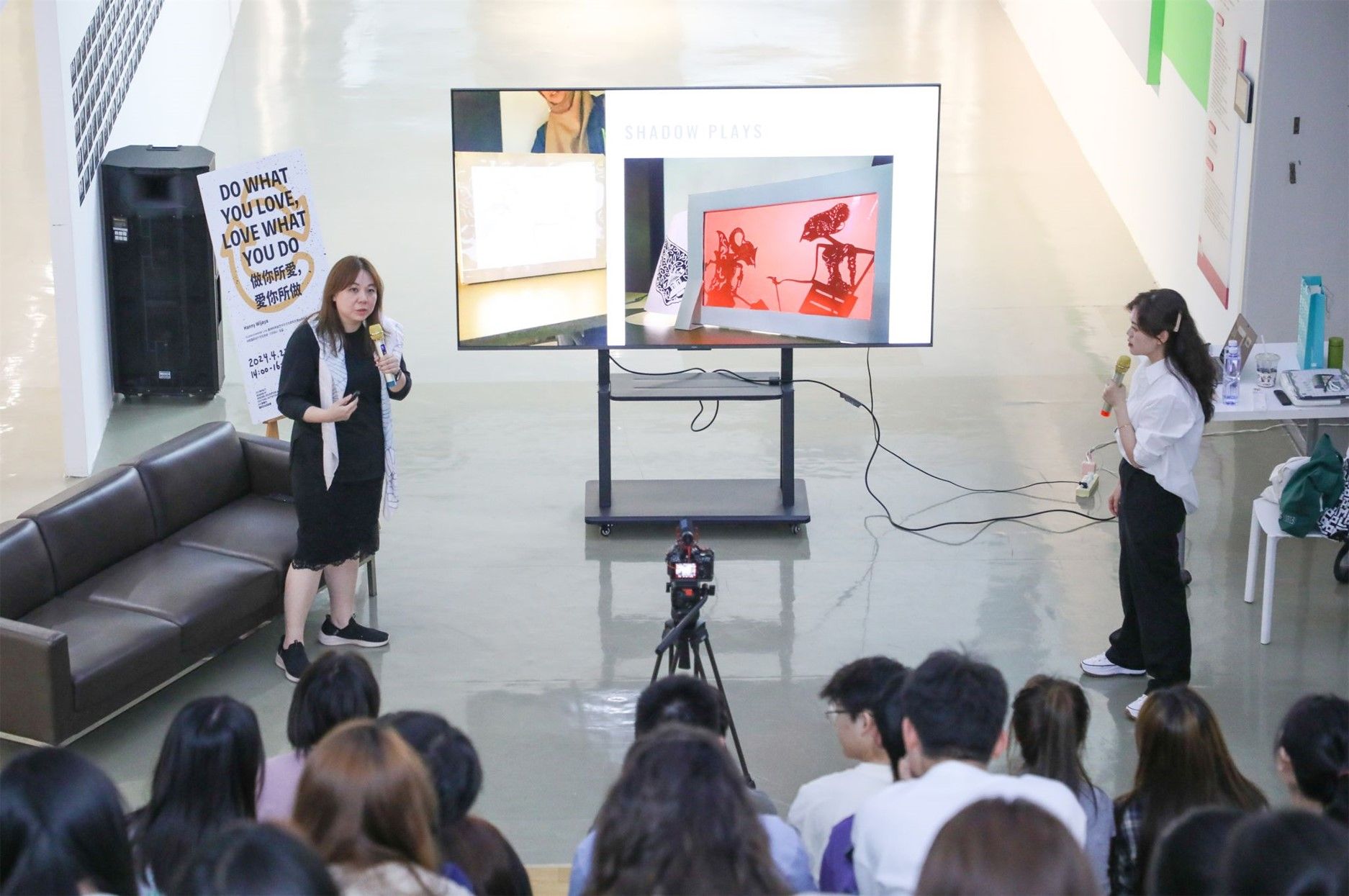
Dr. Hanny Wijaya imparted her insights on future-focused education during the workshop. She emphasized that educators must adapt their communication methods for the "digital native" student population born after 2000. The new generation of students is growing up in a digital environment, which allows them easy access to information and creates a significant generational gap with educators. Therefore, educators should use communication methods familiar and acceptable to students, such as social media and online platforms, and actively engage with the students' digital language and culture.
Drawing from her teaching experience, Dr. Hanny repeatedly highlighted that interdisciplinary development has now emerged as another key focus in education. Dr. Hanny noted that cross-cultural communication and interdisciplinary insight are crucial skills for students to effectively engage in future international settings. She advocated for educators to offer students opportunities for interdisciplinary interaction, encouraging them to break down disciplinary boundaries and discover their potential and value through the dialogue and synergy of interdisciplinary collaboration.
During face-to-face interactions with students, Dr. Hanny showcased exemplary student works to introduce the core values of design: "usefulness, fun, and dedication". She encouraged students to consider the emotions of others when designing, to remain cautious and attentive to details while enjoying the design process, and to develop innovative thinking and collaboration skills.
04
Richard Peña: American Neorealism Films
On April 26, Professor Richard Peña, a distinguished film scholar in the United States and Honorary President of the New York Film Festival, delivered a keynote lecture on "An American Neorealism". Armed with his extensive knowledge and unique perspective, he guided audiences through the screen to explore the origins and development of American neorealism films. He encouraged everyone to approach films with an open mind to uncover their deeper meanings.
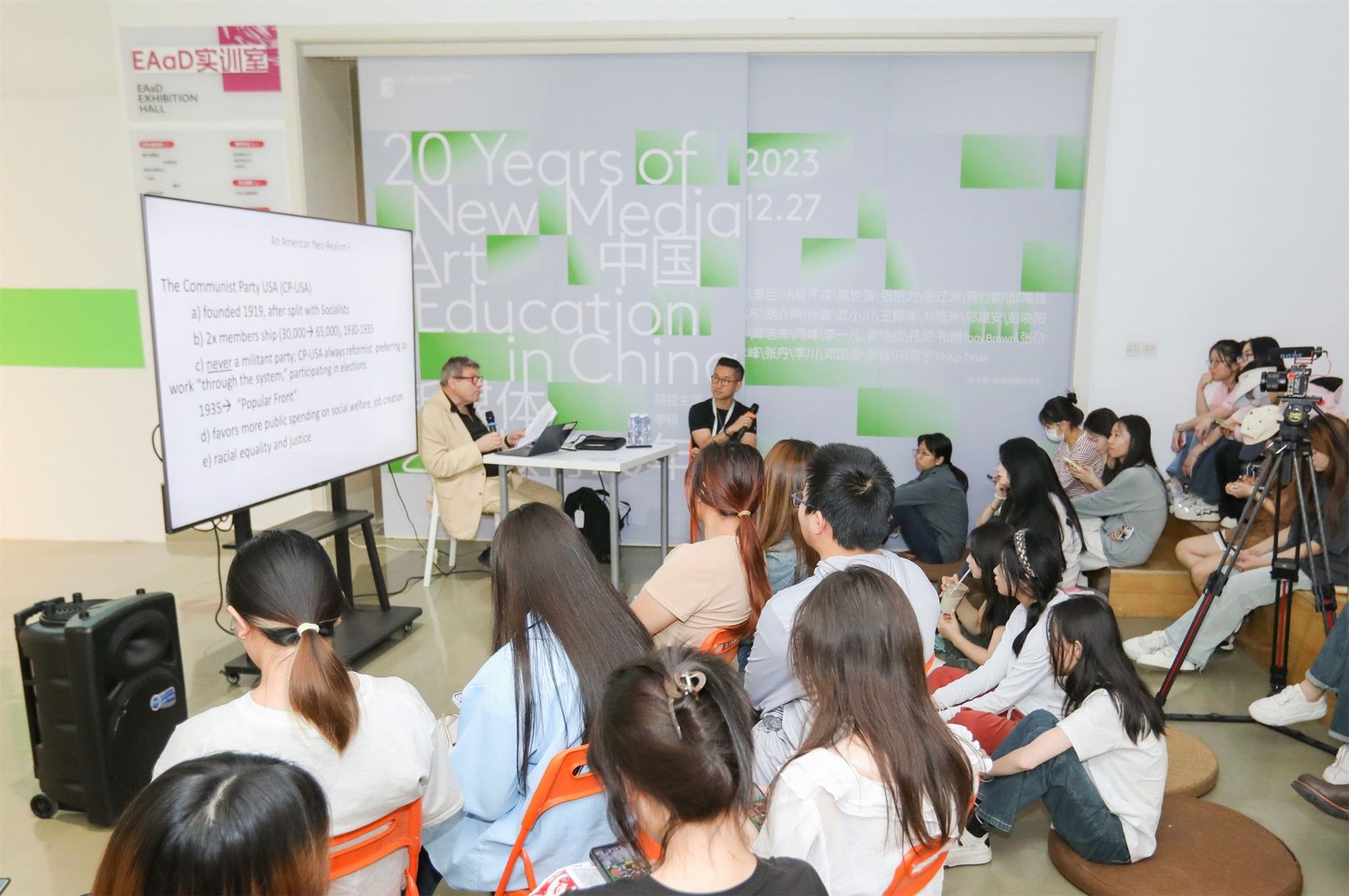
During the lecture, Professor Richard Peña, along with faculty and students, revisited the origins and progression of American neorealism films. He noted that as early as 1910, the American film industry began incorporating Italian technology and creativity, laying the groundwork for the emergence of neorealism films. Subsequently, talent from Germany, Austria, and Central Europe joined, bringing renewed vitality to American cinema. In the late 20th century, the addition of Hong Kong directors and actors, along with the blend of technologies, infused American neorealism films with Oriental elements. This cross-cultural interaction has driven the internationalization of American cinema.
Professor Peña discussed in his presentation that neorealism films are renowned for their documentary nature and authenticity. They focus on the lives of grassroots individuals, reject the star system, and emphasize the use of non-professional actors, on-location shooting, and natural lighting to depict societal realities in the most genuine manner. Classic works, such as The Salt of the Earth, deeply reflect social issues and the struggles of lower-tier workers.
Professor Peña specifically showcased the film The Salt of the Earth, which is based on the 1951 miners' strike in New Mexico, highlighting the miners' hardships and perseverance, as well as their yearning for equity and dignity. In spite of political sensitivities and pressure, the film resolutely defends the rights of workers and women, provoking profound public reflection.
05
Su Zhongqiu / "Viva Arte Viva—How to Understand Art?"
On May 8, Su Zhongqiu, an artist and Deputy Curator of the Design Museum at Xi'an Eurasia University, delivered a lecture titled "Viva Arte Viva—How to Understand Art?". He introduced pieces such as Faust by German artist Anne Imhof, Madonna of the Meadow by Raphael, and various graffiti works, offering teachers and students a fresh perspective on understanding and appreciating art. He bridged the gap between art and reality, allowing the audience to experience wisdom that transcends time and space.
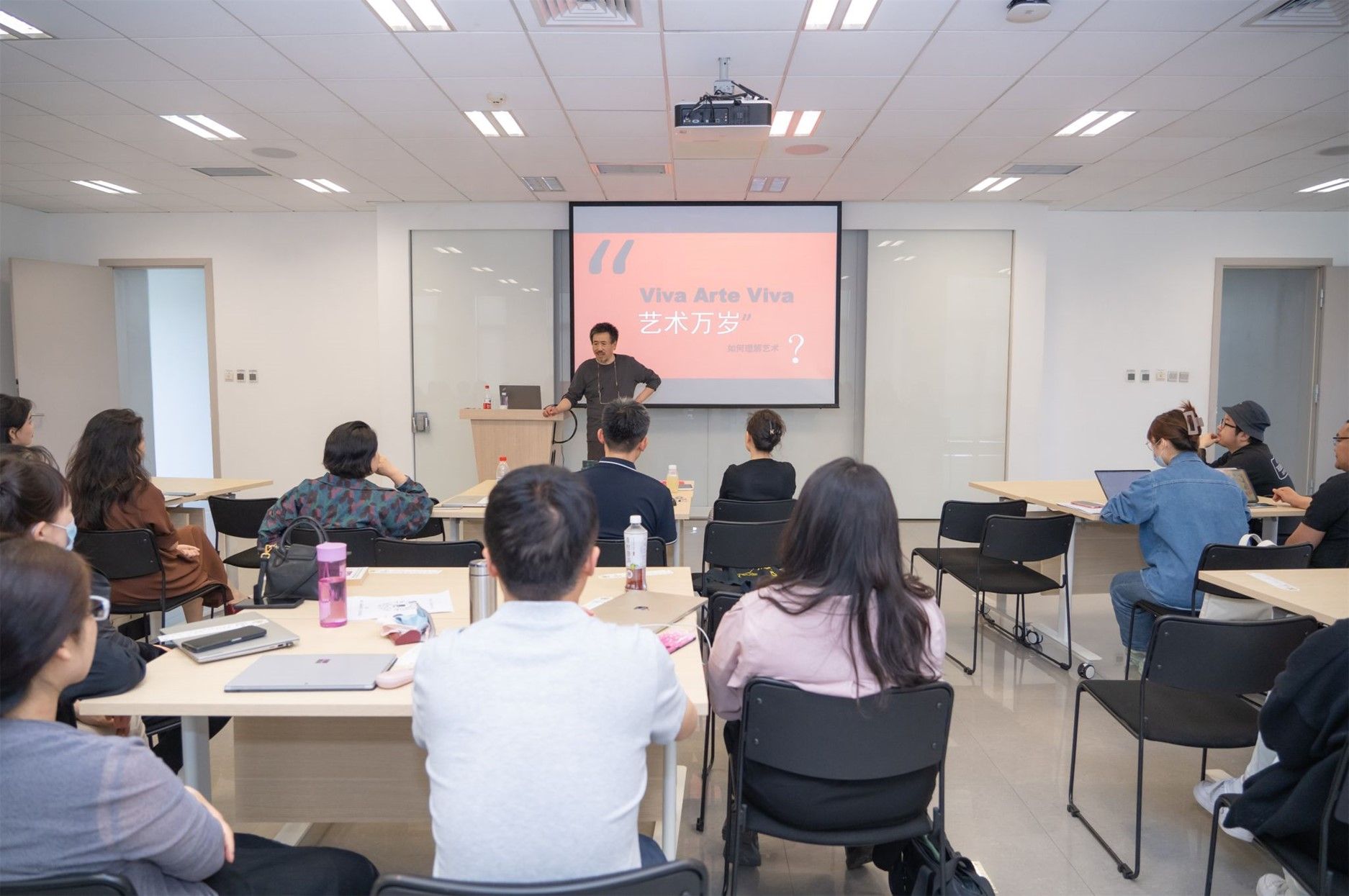
Su Zhongqiu stated that the theme "Viva Arte Viva" was inspired by the theme of the 57th Venice Biennale, where German artist Anne Imhof of the German Pavilion won the Golden Lion for her work Faust. The work Faust not only showcases Anne Imhof's distinctive artistic style but also delves deeply into the interplay among society, economy, and technology. Through her art, she expresses her observations and reflections on the real world, drawing attention to issues such as human objectification and alienation.
Su Zhongqiu stated that the value of art is not only visible in the market, but also in its contributions to societal culture. Art, as a component of social revitalization efforts, necessitates more systematic social work for its support and advancement. Only then can art truly fulfill its intended role and contribute to the development and progression of human society. The necessary accumulation of knowledge allows individuals to deeply appreciate the unique qualities of art. "When you delve into this domain, you realize it's a specialized field—professional art history research. Here, you will explore the history, significance, and value of art more thoroughly than merely considering its aesthetics."
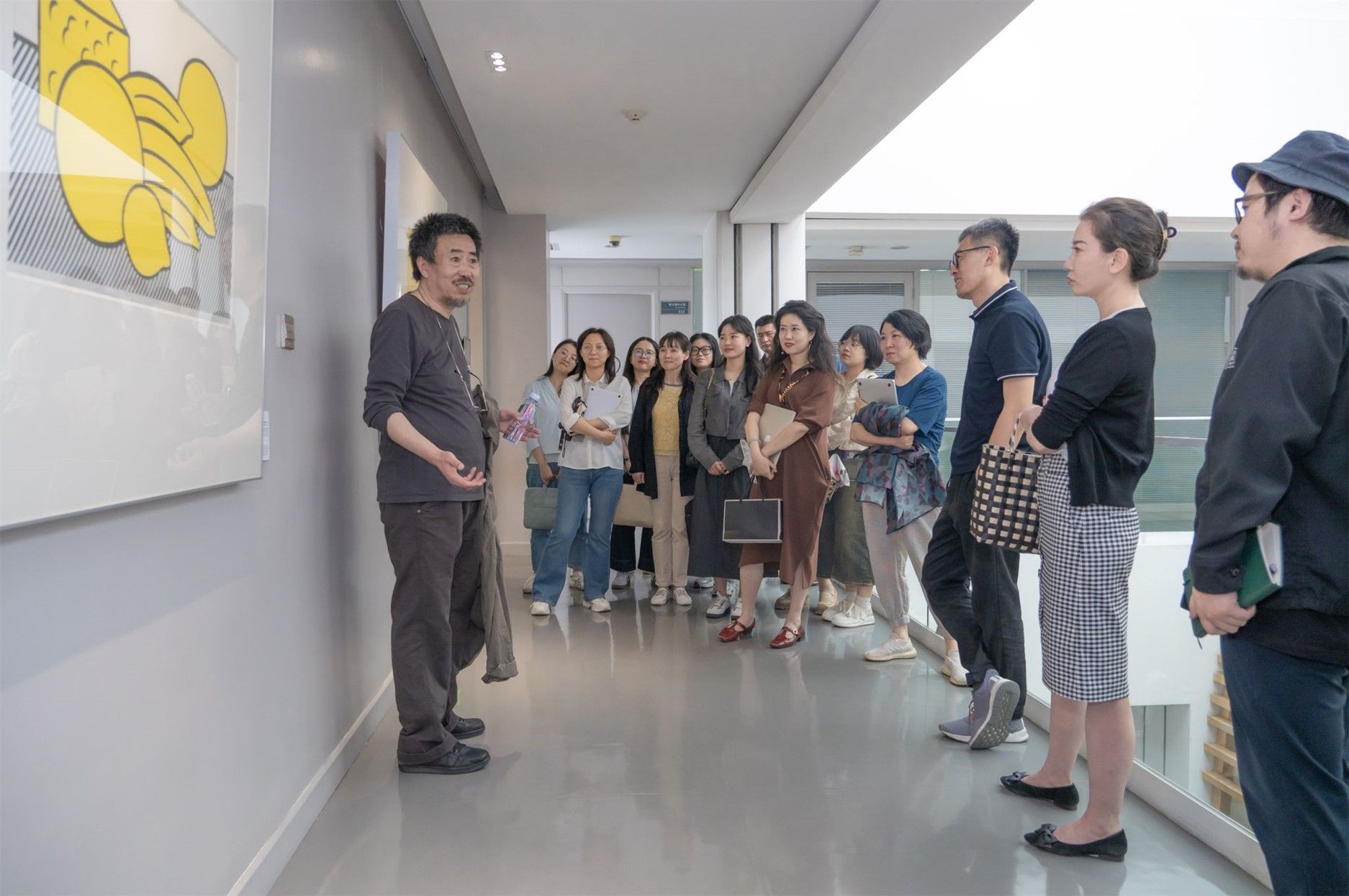
Following the lecture, Su Zhongqiu guided the faculty and students on an innovative journey of artistic exploration through the Administrative Center corridor. Within the Administrative Center, the lighting is soft and evenly distributed, creating a quiet and dignified atmosphere. Paintings hang on the walls like silent guardians. In front of the artwork composed of vibrant colors and irregular lines, Su Zhongqiu explained that this painting conveys a sense of freedom and spontaneity through its abstract elements and colors, while also exploring the connection between art and reality. Through meticulous brushwork and a rich palette, the artist vividly captures the emotions and inner world of the characters.
06
Ban Yu / "Silent Echo" Writing Experience Sharing
A brooding northeasterner, a science student profoundly influenced by rock music and games, ventured into the world of literary creation. He is Ban Yu, now a writer. On May 10, Ban Yu visited Xi'an Eurasia University to explore the allure of literary creation and share his insights and experiences in writing with teachers and students. Together with his readers, he immersed himself in the sea of words, experiencing the power of creation and narrating profound stories with northeastern humor.
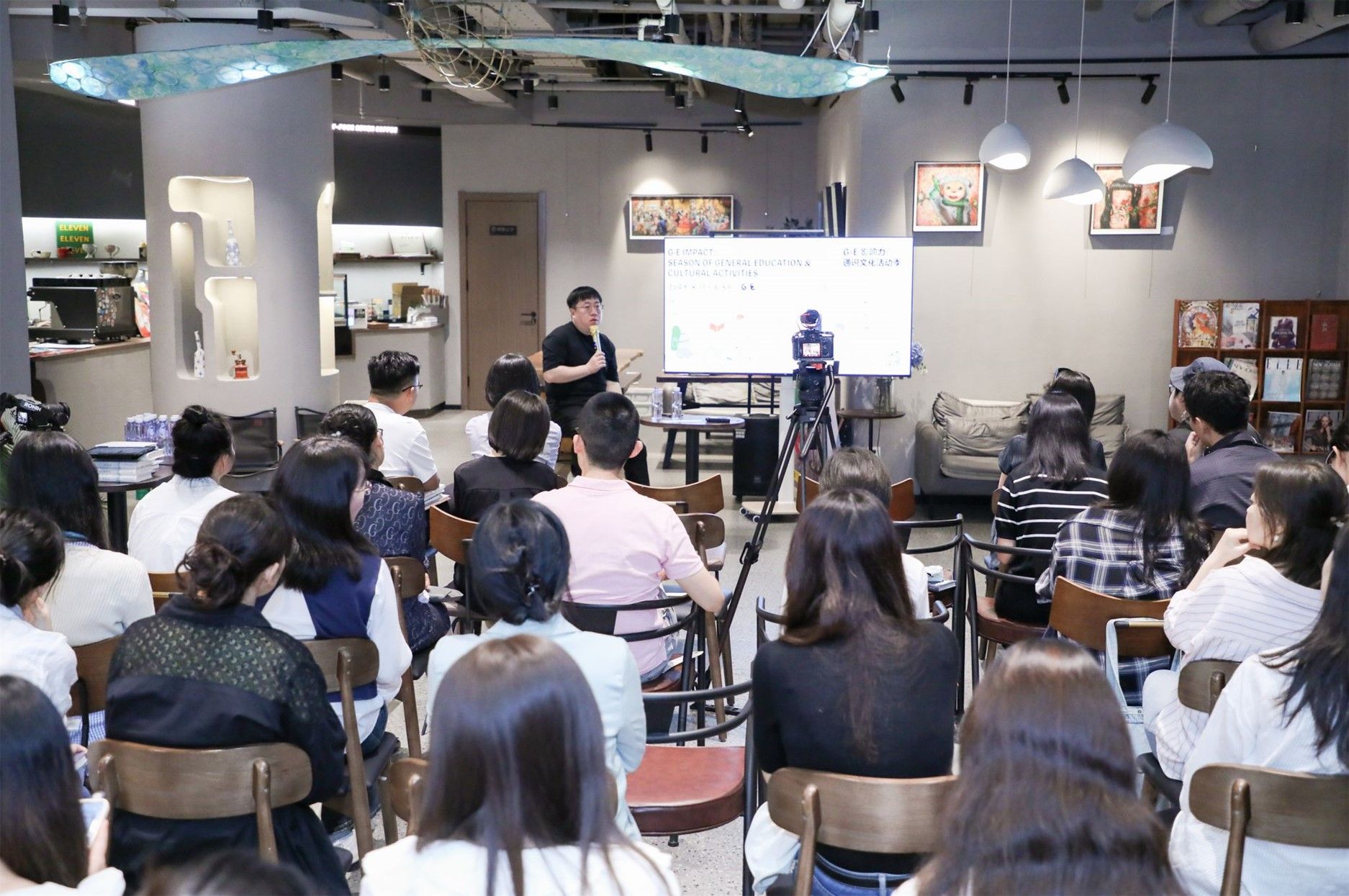
When Ban Yu was a child, an accidental encounter with rock music led him to his journey into literature. During high school, Mo Yan's speeches at the school profoundly expanded his reading perspectives and reshaped his view of contemporary literature. In college, Ban Yu continued to craft music reviews, and deep down, he felt that "the choice of words and phrasing in music truly contains elements that touch the soul, evoking an inexplicable empathy in us."
Gradually, Ban Yu began writing book reviews, and his thoughts on writing evolved. "I want to write about the people and events around me in a more tangible way, depicting the diverse individuals living on the street and how they integrate with one another." The Gongren Village in Tiexi District of Shenyang City, where Ban Yu resides, bears a deep imprint of the era, and these life experiences have provided rich material for his novels.
Ban Yu enjoys seeking the intonation of novel narration and determining its temperament while listening to records. "When I listen to a piece, I might feel that the emotion it conveys aligns with the tone I wish to express in my novel. I find inspiration for narrative style within music."
In 2023, The Long Season became a hit, and as its literary advisor, Ban Yu reflected on his collaboration with director Xin Shuang and the development of the characters in the series. At the conclusion of the series, the soundtrack Recollection played. Ban Yu remarked, "Whether in life or academics, while we look forward, it is also important to glance back to understand our origins and better navigate our next steps, passions, and academic paths. You should understand that whichever path you choose, it won't be easy."
(Contributed by School of General Education; Edited by Li Xiaofei, Brand Communication Department)


